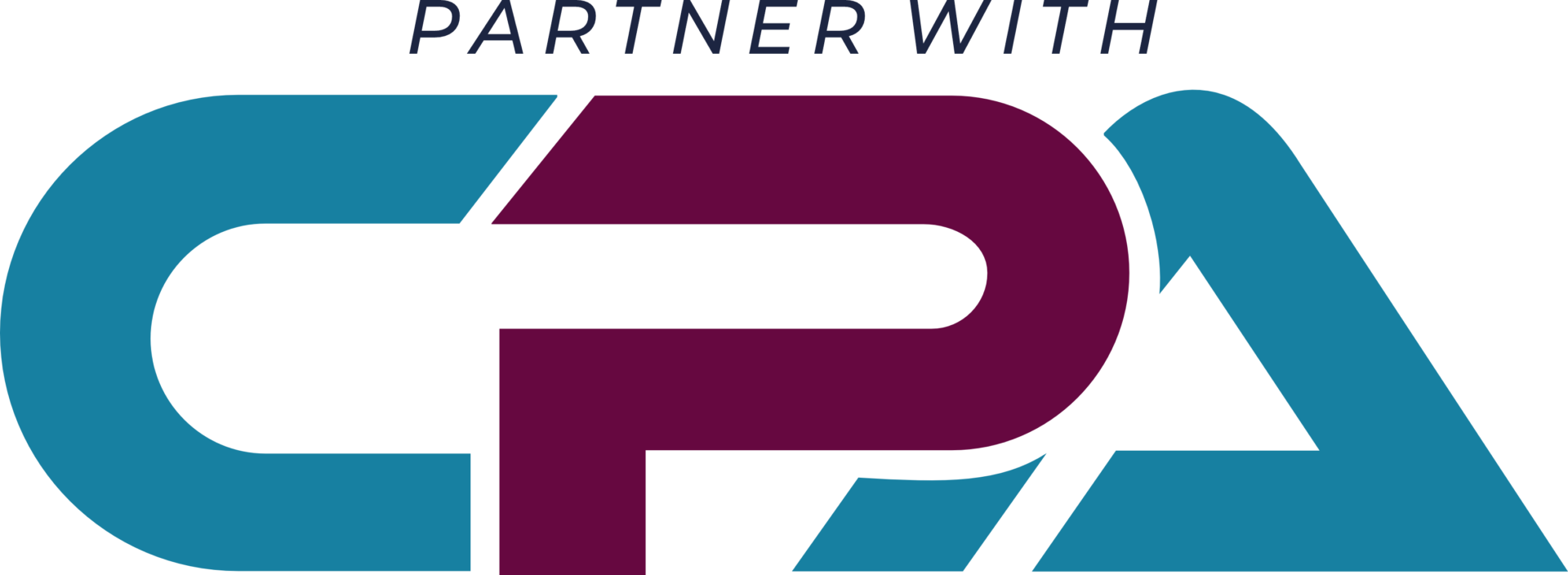ACCOUNTING & BOOKKEEPING
Full Charge Bookkeeping Services
Every stage of business adds a new dimension to your books.
A seasoned full charge bookkeeper lets you get back to business knowing you’ll never miss a beat—with instant, accurate, end-to-end ownership over your finances.

What is a Full Charge Bookkeeper?
Full charge bookkeeping, also known as full service bookkeeping, goes beyond the standard responsibilities of a bookkeeper. A full charge bookkeeper takes responsibility for the full accounting cycle and all of a company’s finance activities.

Full charge bookkeepers provide a spectrum of services.
This includes:
Why Choose Our Services?
We offer personalized financial solutions designed to fit your business perfectly. From tax compliance
to strategic planning, we help you reach your goals with expert guidance and unmatched efficiency.
Bookkeeper vs Controller
Full Charge Bookkeeper vs. Controller:
What’s the Difference?
A full charge bookkeeper and a controller are both capable of leading an accounting function, but they provide different value at different business stages. Which professional is right for your business?
|
Full Charge |
Certified Public |
Financial Controller | |
Small Business & Startups
Beginner Bookkeeping for Small Business & Startups
If you’re a small business or a young startup, revisiting some basic concepts will help you set up your bookkeeping for success.
Begin with a clear understanding of:

Trusted by Businesses, Proven by Results
See how our clients achieve financial success with our expert guidance.
TRUSTED BY BUSINESSES LIKE YOURS
Get Qualified Experts on Demand
Not sure where to start? Learn how we can rapidly scale your
team’s capabilities and adapt for tomorrow.






